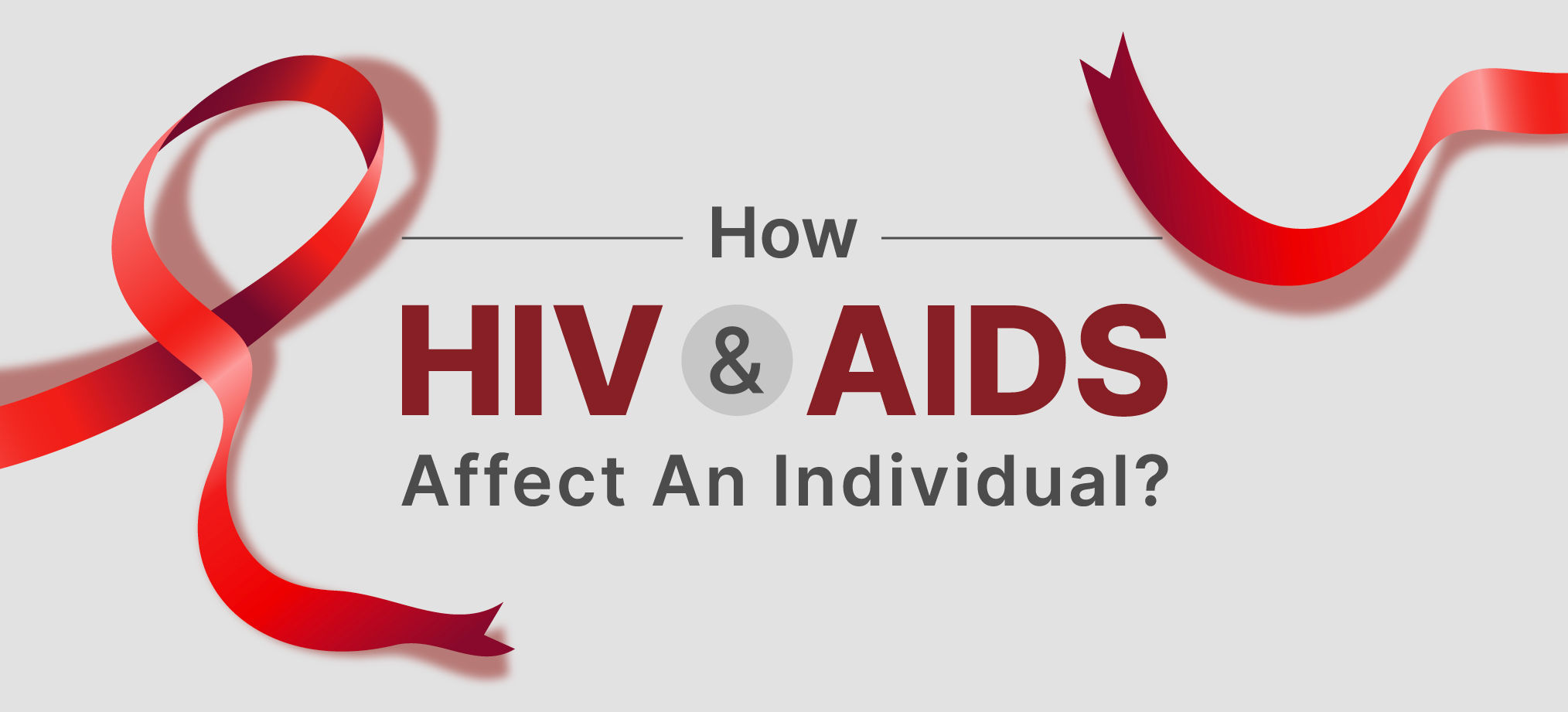General Health
Planning Surgery, Pregnancy, or a Blood Donation? Know Your Blood Group in Advance
8 min read
By Apollo 24|7, Published on - 28 May 2025
Share this article
0
0 like
.jpg?tr=q-80)
Before undergoing surgery, starting a pregnancy journey, or donating blood, there's one vital piece of information you should never overlook that is your blood group. This simple detail can be the key to safe medical care and could even save your life. Knowing your blood group in advance helps ensure that you receive compatible blood during transfusions, avoid complications during pregnancy, and make your blood donation more efficient and impactful. In this article, we explain why blood typing matters, how the test is done, and what your results mean for your health and medical decisions.
Why Knowing Your Blood Group Is Essential for Your Health?
The primary purpose of a blood group test is to identify your specific blood type, which is determined by the presence or absence of certain antigens and antibodies. The most commonly used blood grouping systems are the ABO system and the Rh (Rhesus) factor system. Knowing your blood type is important for several key reasons:
- Transfusion Compatibility: Accurate blood typing ensures that you receive blood that matches your type in the event of a transfusion. Receiving incompatible blood can cause severe, potentially life-threatening reactions.
- Pregnancy Management: If there is Rh incompatibility between the mother and the baby, it can lead to complications like haemolytic disease of the newborn. Early detection allows for preventive treatments to protect future pregnancies.
- Surgical Safety: If surgery involves a risk of blood loss, knowing your blood type in advance is crucial for ensuring safe blood transfusions.
- Organ Transplantation: Blood group matching is important when it comes to organ transplants. Proper compatibility between the donor and recipient helps minimise the risk of organ rejection.
- Emergency Preparedness: In emergency situations, having your blood type readily available can save crucial time, ensuring that you receive the correct blood type quickly if needed.
How to Prepare for a Blood Group Test?
The blood group test is straightforward and does not require special preparation. However, keeping a few things in mind can make the process smoother:
- Fasting: Generally, no fasting is required before the test. You can eat and drink as usual.
- Clothing: Wear short sleeves or clothing with sleeves that can be easily rolled up to allow access to your arm for blood collection.
- Hydration: Drink plenty of water before the test. Staying hydrated makes veins more visible and easier to access.
Have more questions?
What to Expect During the Blood Typing Procedure
A blood group test (blood typing) is conducted in a clinical laboratory or healthcare facility by trained professionals. The process involves the following steps:
- Sample Collection: A small sample of blood is drawn from a vein in your arm using a sterile needle. For newborns, the sample may be taken from the heel.
- Laboratory Analysis: The blood sample is mixed with specific antibodies (anti-A, anti-B, and anti-Rh) on a glass slide or test tube.
- Reaction Observation: Technicians observe the sample for agglutination (clumping), which indicates the presence of specific antigens.
- Result Determination: Based on the observed reactions, your ABO and Rh group are identified.
This test is quick, typically taking less than 10 minutes, and results are usually available the same day.
Understanding Your Blood Group Test Results
A blood group test determines two critical components of your blood type:
- ABO Blood Group System: Classifies blood into types A, B, AB, and O based on the presence or absence of A and B antigens on red blood cells.
- Rh Factor: Identifies whether your blood is Rh-positive (has the Rh protein) or Rh-negative (lacks the Rh protein).
These factors play an essential role in medical decisions, especially in transfusions, surgeries, pregnancy care, and emergencies.
Blood Type Classification (ABO & Rh Factor) Chart:
Before undergoing surgery, starting a pregnancy journey, or donating blood, there's one vital piece of information you should never overlook that is your blood group. This simple detail can be the key to safe medical care and could even save your life. Knowing your blood group in advance helps ensure that you receive compatible blood during transfusions, avoid complications during pregnancy, and make your blood donation more efficient and impactful. In this article, we explain why blood typing matters, how the test is done, and what your results mean for your health and medical decisions.
Why Knowing Your Blood Group Is Essential for Your Health?
The primary purpose of a blood group test is to identify your specific blood type, which is determined by the presence or absence of certain antigens and antibodies. The most commonly used blood grouping systems are the ABO system and the Rh (Rhesus) factor system. Knowing your blood type is important for several key reasons:
- Transfusion Compatibility: Accurate blood typing ensures that you receive blood that matches your type in the event of a transfusion. Receiving incompatible blood can cause severe, potentially life-threatening reactions.
- Pregnancy Management: If there is Rh incompatibility between the mother and the baby, it can lead to complications like haemolytic disease of the newborn. Early detection allows for preventive treatments to protect future pregnancies.
- Surgical Safety: If surgery involves a risk of blood loss, knowing your blood type in advance is crucial for ensuring safe blood transfusions.
- Organ Transplantation: Blood group matching is important when it comes to organ transplants. Proper compatibility between the donor and recipient helps minimise the risk of organ rejection.
- Emergency Preparedness: In emergency situations, having your blood type readily available can save crucial time, ensuring that you receive the correct blood type quickly if needed.
<Get Blood Group Test Done>
How to Prepare for a Blood Group Test?
The blood group test is straightforward and does not require special preparation. However, keeping a few things in mind can make the process smoother:
- Fasting: Generally, no fasting is required before the test. You can eat and drink as usual.
- Clothing: Wear short sleeves or clothing with sleeves that can be easily rolled up to allow access to your arm for blood collection.
- Hydration: Drink plenty of water before the test. Staying hydrated makes veins more visible and easier to access.
Have more questions?
;
What to Expect During the Blood Typing Procedure
A blood group test (blood typing) is conducted in a clinical laboratory or healthcare facility by trained professionals. The process involves the following steps:
- Sample Collection: A small sample of blood is drawn from a vein in your arm using a sterile needle. For newborns, the sample may be taken from the heel.
- Laboratory Analysis: The blood sample is mixed with specific antibodies (anti-A, anti-B, and anti-Rh) on a glass slide or test tube.
- Reaction Observation: Technicians observe the sample for agglutination (clumping), which indicates the presence of specific antigens.
- Result Determination: Based on the observed reactions, your ABO and Rh group are identified.
This test is quick, typically taking less than 10 minutes, and results are usually available the same day.
Understanding Your Blood Group Test Results
A blood group test determines two critical components of your blood type:
- ABO Blood Group System: Classifies blood into types A, B, AB, and O based on the presence or absence of A and B antigens on red blood cells.
- Rh Factor: Identifies whether your blood is Rh-positive (has the Rh protein) or Rh-negative (lacks the Rh protein).
These factors play an essential role in medical decisions, especially in transfusions, surgeries, pregnancy care, and emergencies.
Blood Type Classification (ABO & Rh Factor) Chart:
Conclusion
A blood group test is simple, but it plays an important role in your health and safety. Whether you’re preparing for surgery, expecting a baby, or donating blood, knowing your blood type helps doctors make quick and accurate decisions. This small step can greatly impact your medical care, especially in emergencies. Be sure to include it in your health checkup or medical record. It’s a one-time test with lifelong benefits.
General Health
Leave Comment
Recommended for you

General Health
Can A Person With AIDS Lead A Normal Life?
New HIV diagnostic tools, HIV treatment & prevention methods, and technological advancements to treat HIV have significantly improved the outlook for those living with AIDS. Read to know more.

General Health
Manage Diabetes With Meal Planning & Blood Glucose Monitoring
Discover effective meal planning and blood glucose monitoring techniques for better health. Make smart food choices with our practical guide.
.jpg?tr=q-80)
General Health
Sneezing, Rashes, & Breathing issues? Know Your Trigger With an Allergy Test
Experiencing sneezing, rashes, or breathing issues? Learn how the Allergy Screen, Total IgE, and Phadiatop tests can help identify your triggers and guide effective allergy treatment.
Subscribe
Sign up for our free Health Library Daily Newsletter
Get doctor-approved health tips, news, and more.
Visual Stories

The Best Exercises for Controlling Blood Sugar Levels
Tap to continue exploring
Recommended for you

General Health
Can A Person With AIDS Lead A Normal Life?
New HIV diagnostic tools, HIV treatment & prevention methods, and technological advancements to treat HIV have significantly improved the outlook for those living with AIDS. Read to know more.

General Health
Manage Diabetes With Meal Planning & Blood Glucose Monitoring
Discover effective meal planning and blood glucose monitoring techniques for better health. Make smart food choices with our practical guide.
.jpg?tr=q-80)
General Health
Sneezing, Rashes, & Breathing issues? Know Your Trigger With an Allergy Test
Experiencing sneezing, rashes, or breathing issues? Learn how the Allergy Screen, Total IgE, and Phadiatop tests can help identify your triggers and guide effective allergy treatment.